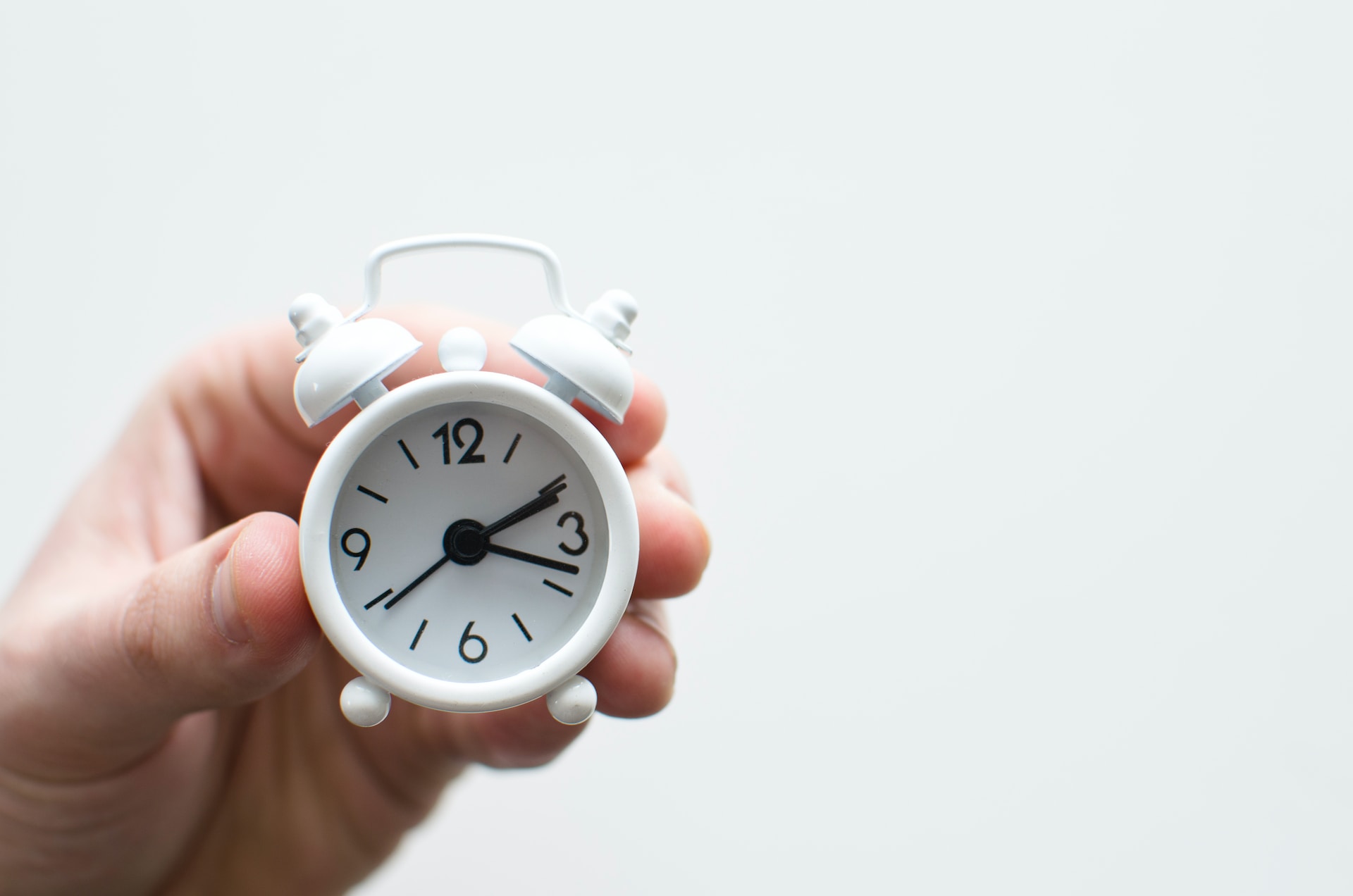The average person spends about six hours a day in front of a screen, which is more than half of their waking hours. That’s a lot of time spent doing something that doesn’t feel like “me” or “myself.” There are many ways to combat this feeling and find more balance in life because it’s so important to make sure that you not only have free time but that you spend it doing the things that you love.
The Real Problem We All Face These Days
It’s not about how much time you have, it’s about how you use it. This is the real problem we all face these days. We are constantly being bombarded with tasks and responsibilities and we always feel like we don’t have enough time to do them. However, if you learn some time-saving tricks then this problem can be solved.
There are many ways to save time each day, such as using a timer or keeping your work area clean. It is important to find out what works for you and what doesn’t to maximize your efficiency and free up more time for other activities that make you happy!
The Importance of Creating More Free Time in Your Life
In today’s world, it is becoming more and more difficult to balance work, family, and personal life. We need to rethink the way we live our lives. We need to stop thinking about what we are missing out on and start thinking about what we can do to make our lives better. We should start trying to create more free time for ourselves by cutting down on tasks that don’t require a lot of mental energy.
It doesn’t matter what you love or what means a lot to you. Whether that’s learning a new skill or how to watch youtube in China, traveling the world, or attempting to improve your cooking. All that matters is that you make more time for it.
Make Accountability a Priority
Accountability is a key factor for success. It is the fuel that drives you to act. It is what pushes you to get up and do something, even when you don’t want to. The first step in building accountability in your life is finding an accountability partner. This person should be someone who will keep you on track and meet with you regularly to check in on how things are going.
The second step is figuring out what your goals are and how much time they will take each day, week, or month. You can then create a daily, weekly, or monthly plan that lays out these tasks accordingly and assigns them specific deadlines so that nothing falls through the cracks. Lastly, it’s important to make sure that your goals are achievable so that you stay motivated throughout the process of achieving them.
Get Out of Your Head
It is a common phenomenon that we feel like our brain is full and we are unable to think clearly. We can find ourselves in a state of “brain fog”, where it feels like there are thoughts inside our head but they just won’t come out. This can happen when we are feeling overwhelmed or when our attention span is short.
The best way to get out of this state of mind is to write down everything that you’re thinking about. It helps with clarity, focus, and creativity. It also makes us more present because it forces us to focus on the present moment instead of future worries or past regrets.
Eliminate One Thing Every Day
Anxiety and boredom are the two main reasons why people procrastinate. They don’t feel like they have enough time or they don’t know what to do next. One of the best ways to eliminate distractions is to declutter your home and your mind. By getting rid of things that are no longer necessary, you will feel more relaxed and less distracted. But also, by looking to eliminate unnecessary things from your to-do list.
Acknowledge the Importance of Sleep & Food in a Healthy Lifestyle
Sleep deprivation is a serious problem. It’s not only an inconvenience and a productivity killer; it can also lead to serious health consequences. The National Sleep Foundation recommends that adults get seven to nine hours of sleep per night for optimal health, but the average American gets just six hours of sleep on weeknights and even less on weekends.
The negative effects of sleep deprivation include a weakened immune system, increased risk for diabetes and heart disease, weight gain, mood swings, and depression. Chronic sleep deprivation has been linked to an increased risk of death from all causes.












